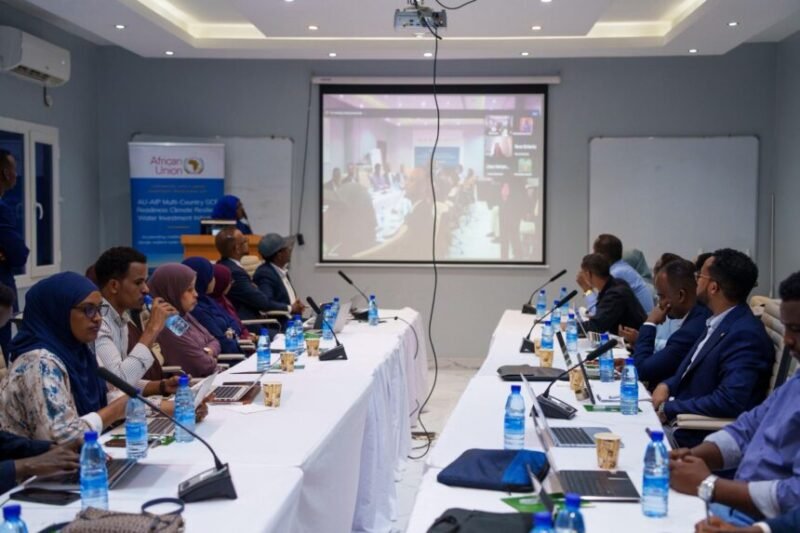Hargeisa, Somaliland – The simmering aviation and sovereignty dispute between Somalia’s federal government and Somaliland has flared again after the Somali Civil Aviation Authority (SCAA) issued a formal warning to Flydubai for transporting a passenger to Hargeisa without the mandatory Somali e-Visa.
According to SCAA officials, the incident constitutes a violation of Somalia’s immigration and aviation regulations, which require all carriers operating within its airspace or to airports under Somali jurisdiction to comply with federal entry procedures. The agency cautioned that repeated breaches could result in penalties, suspension of flights, or even a review of the airline’s operational permit.
The warning, though procedural in tone, has broader political undertones. Hargeisa, the capital of Somaliland, operates under a self-declared government that considers itself independent, though it remains unrecognized internationally. Somalia maintains that all airspace, including that over Somaliland, falls under its federal jurisdiction—a position backed by international aviation authorities.
In a swift and defiant move, Somaliland’s Civil Aviation Ministry announced new regulations requiring all aircraft to obtain overflight and landing permits starting November 10, 2025. The directive, described by officials in Hargeisa as a step toward asserting “full control” over its skies, is being seen as a direct response to Mogadishu’s warning to Flydubai.
The back-and-forth highlights the growing tension between the two administrations over control of airspace and border management. Since the 2018 handover of airspace control from the International Civil Aviation Organization (ICAO) to Somalia, disputes have periodically resurfaced—especially when commercial or charter flights enter Somaliland without federal authorization.
For airlines operating in the region, the standoff creates a climate of uncertainty. The competing directives could complicate flight planning, permit issuance, and passenger handling, particularly for carriers serving both Mogadishu and Hargeisa.
Behind the technical arguments lies a deeper question about sovereignty and recognition. Somaliland continues to operate its own government, currency, and administrative systems, while Somalia insists that the country’s unity is non-negotiable. The latest aviation spat now places both governments on a collision course, with the risk of disrupting commercial air services if neither side backs down.
As the November deadline approaches, regional observers warn that unless mediated dialogue resumes, the skies over the Horn of Africa could become another stage for political confrontation rather than cooperation.




